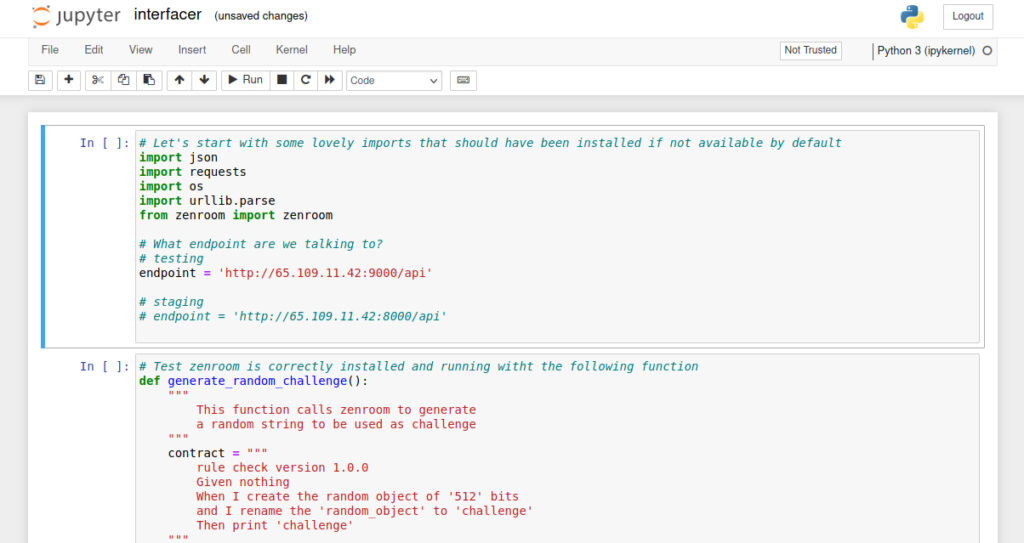Digital Product Passport
Digital Product Passport
Digital Product Passport is a structured product related information, including data on sustainability to facilitate circular value retention and activities such as reuse, remanufacturing and repairing.
Stored into a distributed ledger, it will guarantee reliable and verifiable information, helping to reduce production costs and bureaucracy.
DPP will also record design’s flows and development data to promote global collaboration, providing stronger motivations and opportunities to new contributors.
DPP references assets on a blockchain and lists them globally in a standardised form.
A QR code on a product will be just one way to access DPP data directly.
The Digital Product Passport is available in the Fab City OS Core along with W3C DID and Creative Flows, developed by Dyne Foundation.
The Fab City Operating System, an open source platform promoted by the Interfacer Project, helps fab labs, cities and regions to set up and run a decentralised local value creation system by matching local demand for physical artefacts with local production capacities and other services.
DPP modelisation and interoperability
The European Commission is investing heavily in the standardization of the DPP, but a general standard is still far away in the future. Therefore for a DPP to be while adopted, it has to be generic enough, easy to operate and interoperable.
Our DPP data structure is based on the ValueFlows ontology and is produced by the Zenflows back-end, which is programmable in GraphQL. ValueFlows is flexible enough to accommodate most economic flows, actors, processes and events.
Such a power and flexibility, come with an inherently high level of complexity: in order to tackle complexity and minimize uncertainties in the development, we implemented a workflow to prototype complex GraphQL queries and flows using Jupyter Notebook, this allows us and third party developers to accelerate development and:
- Extract data from Zenflows, to be imported into different data structures and systems
- Inject data into Zenflows, from an ERP, an IoT device, a mobile application
- Visualize complex data structures

Above: DPP modelisation
Above: Data visualization (click here for a larger version)
Learn more about Digital Product Passport
Are you interested in learning more about Digital Product Passport and other tools?
Access the free multimedia webinar to get an overview of the features and capabilities of the open source software developed by Dyne Foundation within the Interfacer Project.
Benefits for environmental and economic sustainability
Responsible and informed decisions based on resource visualization, impact indicators and sustainability ensuring higher quality and longer usage.
Selected disclosure information offers a new standard of transparency, strengthening and promoting a circular economy.
Valuable data for recycling, disassembly and repairing.
Export and share data with institutions incentivizing sustainability and green practices.
Contact us
If you need more information about the project, fab labs or related events please fill out the form.
Newsletter
To keep up to date with our activities, events and news, subscribe to our newsletter now!
EU Development
This project operates within the legal framework of Digital Product Passport regulations led by the European Commission, and aligns with the Digital Ecosystem Declaration established by the Fab City Foundation.
Some Digital Product Passports are currently being developed in parallel with the European Green Deal to develop national legislation and they aim to make all products in the EU sustainable.
They will include:
Ecodesign regulations
Data
standards
Resource tracking and tracing
Legal
information
And
more...
CONSORTIUM PARTNERS
FUNDED BY
Project funded by the European Regional Development Fund (ERDF) in the context of the INTERFACER Project
Powered by Oxjno